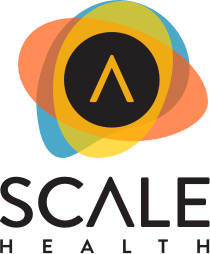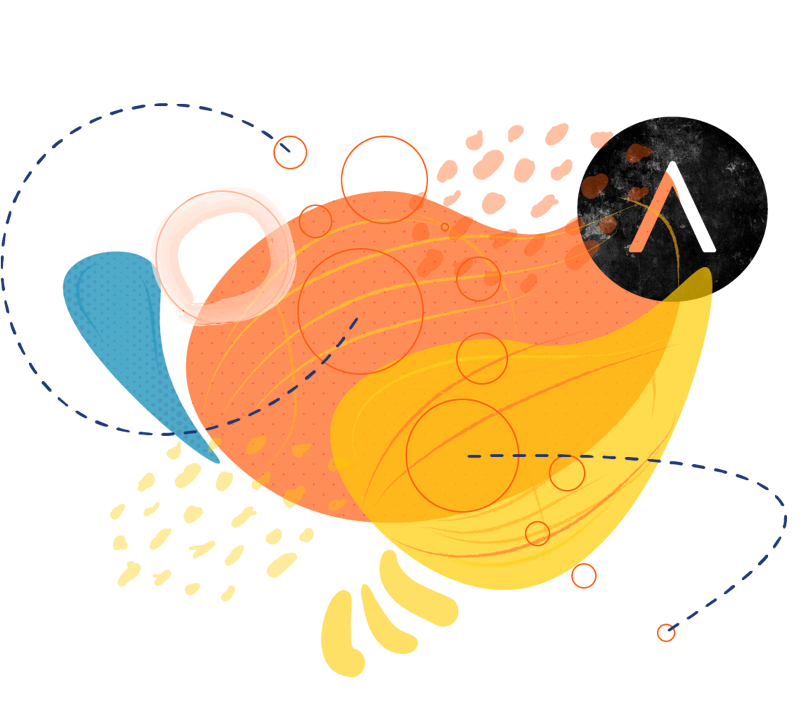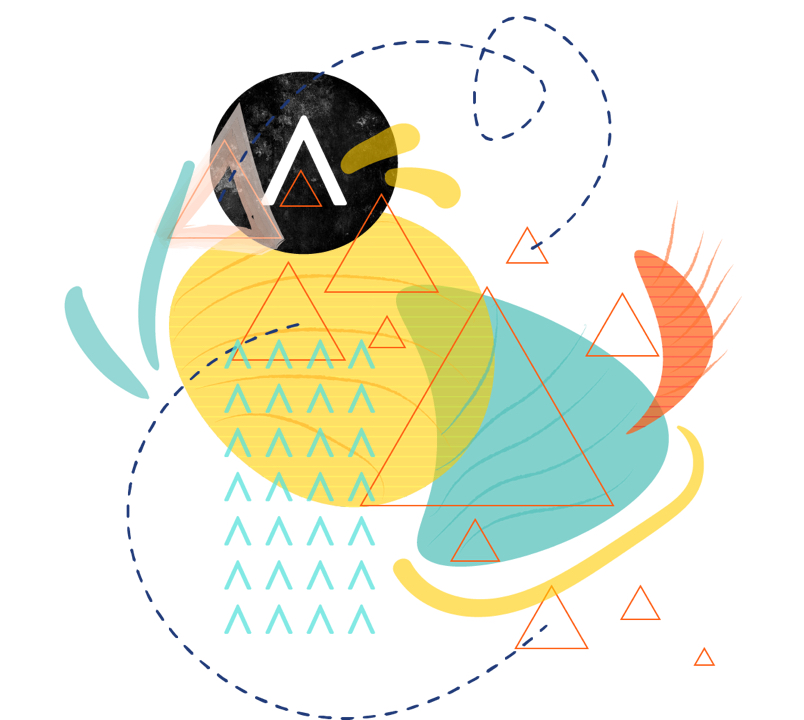As we’ve mentioned in past blog posts, the Los Angeles area is poised to be the shining example of collaborative progress between tech companies, government, and community.
This is why we get so excited when we meet with other thought leaders in the area who see pain points in this tech-government-community Venn diagram and are actively working to address them.
In the following guest blog post, Neil Spears, Executive Director of PowerMyLearning, ask the question “Why has technology failed to deliver on its promise to improve teaching and learning?”
…Then answers his own question…
“It’s the training, stupid.”
The US has invested $100 billion on education technology in the last 15 years, yet math proficiency has grown by less than 1% per year during that time.
Technology in classrooms has the potential to improve teachers’ ability to give students more personalized learning experiences, something that is proven to help kids do better in school. So why haven’t we seen tech fulfill its promise to improve teaching and learning? Vastly improving how teachers teach and students learn?
When I started teaching in Los Angeles Unified School District, the teacher next door and I shared a set of 30 laptops. These were new MacBooks, very nice, and I felt lucky to have access to them.
But when it came time for me to figure out how to use the laptops in my instruction, there were almost no resources to guide me. I wanted to use the technology to help my struggling readers catch-up and give my advanced readers more to do.
But with limited time and no one to help, I ended up using the laptops to digitize worksheets and to pre-program “webquests” that I found after hours of scouring the Internet—basic activities that failed to unleash the true potential of the technology at my fingertips.
Unfortunately, my experience is still the norm today.
Far too many teachers have technology dumped on them without the training and support to really unlock the power of digital tools to give students personalized learning experiences. It’s like we are giving teachers a Tesla without first asking them if they know how to drive.
As a result, students and teachers are missing out on the opportunity to improve teaching and learning.
I am now the Executive Director of the California region of PowerMyLearning, a national education nonprofit that works with students, teachers, and families in under-resourced communities to help them unlock the power of digital learning.
In my role, I see time and again that one-on-one coaching, small-group support, and educator workshops are the most effective ways to ensure that teachers and students are able to get the most out of ed tech.
When I talk about tech’s failure to live up to its promise, I often hear people place blame on teachers’ resistance to change. But this is not the main factor at play. Teachers are starving for coaching and support.
Tech makes it easier for educators to teach small groups of students and provide instruction that matches students’ preferences and interests—things all teachers want.
When I see PowerMyLearning’s coaches working with teachers in their classrooms, I witness incredible transformation in teaching and learning regardless of how long those teachers have been teaching or what their prior level of comfort with technology is.
Just as we wouldn’t expect a heart surgeon to use a new stint without extensive training, support, and coaching, we shouldn’t expect teachers to effectively use digital learning without that same kind of support.
Until we do, we risk making investments in hardware and software that are short-sighted and fail to give our students what they desperately need.
Neil Spears
Neil taught middle school in Los Angeles Unified School District and is currently the Executive Director of PowerMyLearning in Greater Los Angeles and the San Francisco Bay Area. @neilspears





